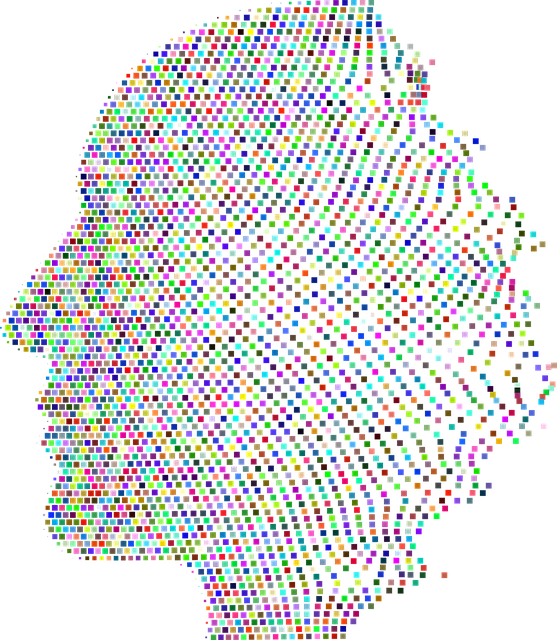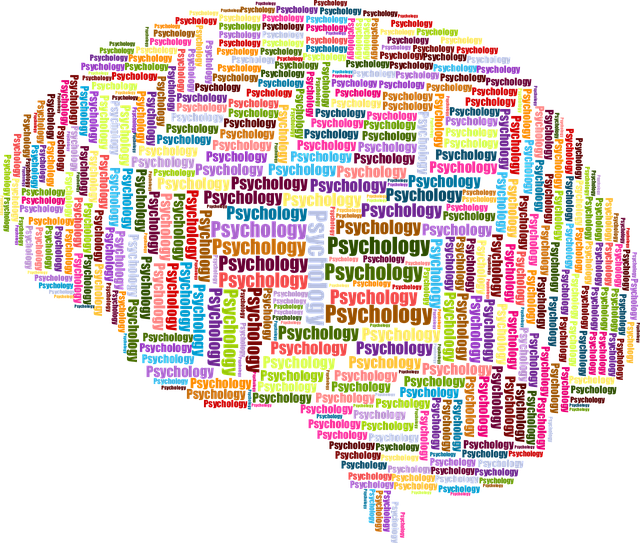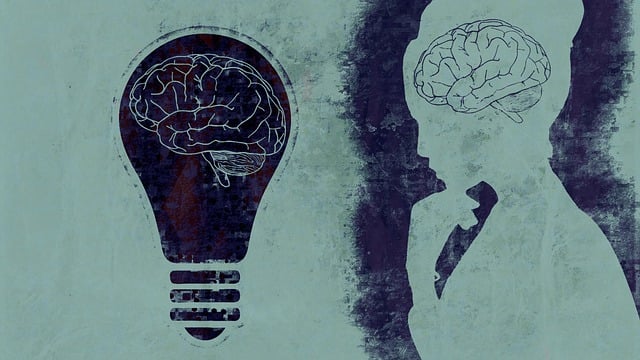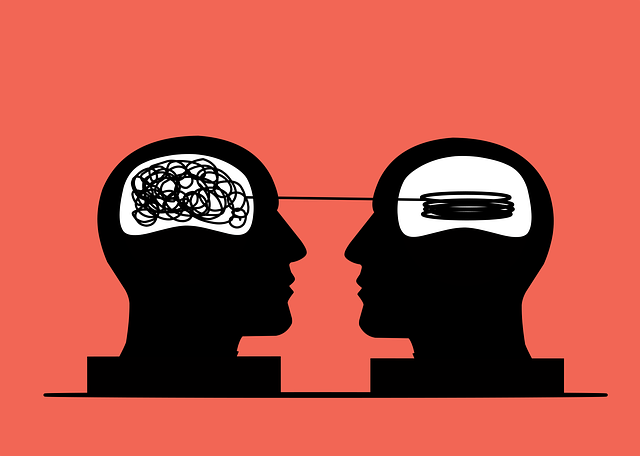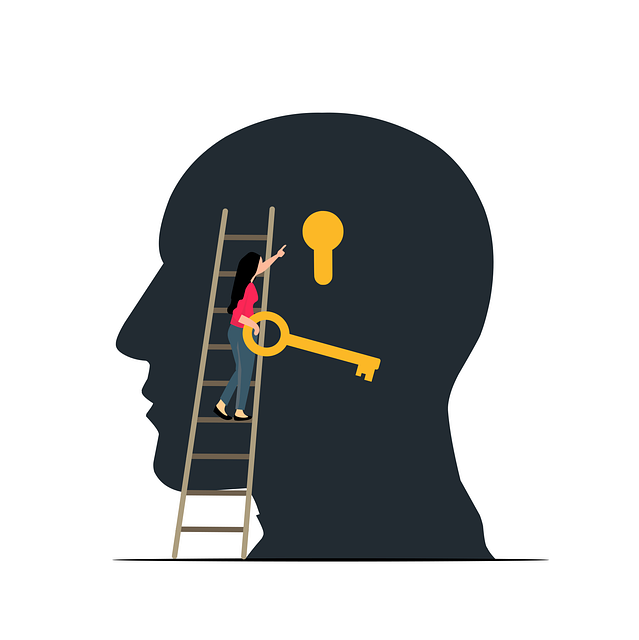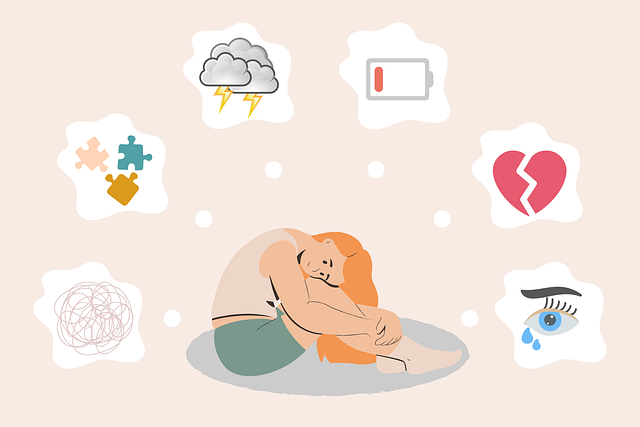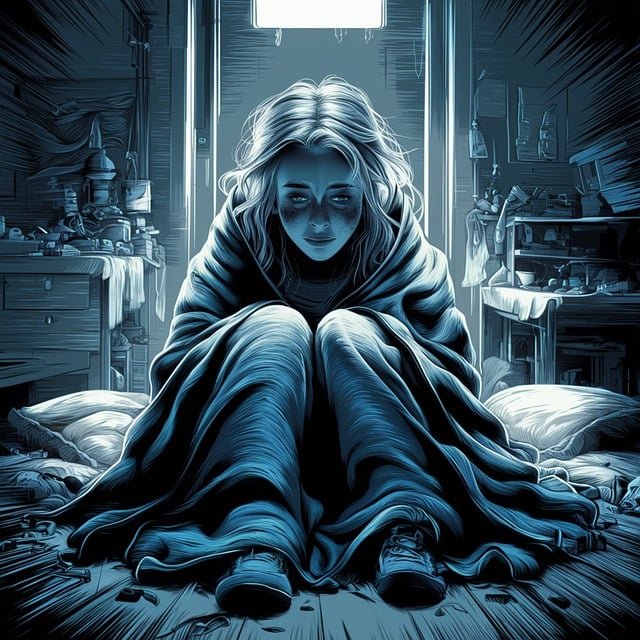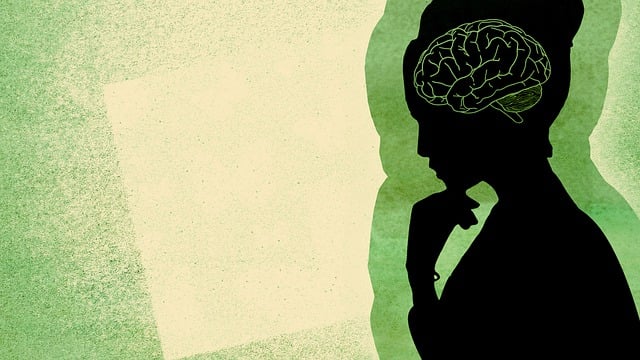Dissociative disorder in elders often goes unnoticed due to age-related stigma, leading to a silent struggle. Recognizing symptoms like altered perceptions and memory gaps is crucial. Specialized therapy for elders with dissociative disorder, including cognitive-behavioral techniques (CBT) and eye movement desensitization and reprocessing (EMDR), enhances memory, emotional regulation, and quality of life. Self-awareness exercises and coping skills development through targeted therapy sessions empower seniors to manage stress and traumatic memories, improving their overall well-being. Effective support from healthcare professionals can transform lives and foster stability for those affected.
Coping skills development is a crucial aspect of enhancing quality of life, especially for elders dealing with dissociative disorder symptoms. This comprehensive guide explores various therapeutic approaches aimed at mitigating challenges associated with this condition. We delve into understanding dissociative disorder, including its symptoms and unique challenges faced by the elderly. The article highlights the transformative power of therapy, focusing on cognitive-behavioral techniques and introducing EMDR (Eye Movement Desensitization and Reprocessing) as innovative coping strategies.
- Understanding Dissociative Disorder in Elders: Symptoms and Challenges
- The Role of Therapy in Coping with Dissociative Symptoms
- Cognitive-Behavioral Techniques for Skill Development
- Exploring EMDR (Eye Movement Desensitization and Reprocessing) Therapy
- Building Resiliency and Enhancing Quality of Life Through Coping Skills
Understanding Dissociative Disorder in Elders: Symptoms and Challenges

Dissociative Disorder in elders is a complex mental health condition that often goes unnoticed due to age-related stigma and societal misconceptions. It involves a disconnection from reality, leading to symptoms such as altered perceptions, gaps in memory, and a feeling of detachment from one’s own thoughts, feelings, or surroundings. Recognizing these signs is crucial for elders who may struggle silently, facing challenges in daily functioning and social interactions.
The disorder can be deeply impactful, especially without appropriate therapy for elders suffering from it. Self-awareness exercises and compassion cultivation practices have shown promise in helping individuals regain a sense of control and improve their emotional well-being. Through these techniques, elders can learn to identify and express their feelings, foster understanding, and create healthier coping mechanisms, thereby enhancing their quality of life.
The Role of Therapy in Coping with Dissociative Symptoms

Cognitive-Behavioral Techniques for Skill Development

Cognitive-Behavioral Techniques (CBT) offer a powerful approach to coping skills development, particularly for elders dealing with dissociative disorders. Through CBT, individuals learn to identify and challenge negative thought patterns and behaviors, replacing them with healthier alternatives. This therapy encourages self-awareness exercises that help patients understand their emotions and triggers, enabling better emotional regulation. By focusing on the connection between thoughts, feelings, and actions, CBT enables elders to manage stress and improve their overall mental wellness.
For instance, self-awareness practices within CBT can involve journaling to track thoughts and moods, allowing elders to recognize patterns associated with dissociative episodes. This increased consciousness is crucial for preventing and managing these episodes, which can significantly enhance daily functioning and quality of life. Additionally, CBT provides tools for coping with traumatic memories, a common aspect of dissociative disorders, thereby promoting mental wellness and empowering individuals to lead fulfilling lives despite their challenges.
Exploring EMDR (Eye Movement Desensitization and Reprocessing) Therapy

Exploring EMDR (Eye Movement Desensitization and Reprocessing) Therapy offers a promising approach for coping skills development, especially among elders suffering from dissociative disorders. This innovative therapy leverages side-to-side eye movements, or other bilateral stimulation techniques, to help individuals process traumatic memories and reduce their emotional impact. By facilitating communication between the brain’s hemispheres, EMDR allows elders to work through repressed or unresolved experiences, leading to significant improvements in self-esteem and overall well-being.
Incorporating self-care practices and stress management workshops within an EMDR therapy framework further enhances its benefits. These additional elements empower elders with effective coping strategies for managing the day-to-day stresses that can exacerbate dissociative symptoms. Through specialized programs organized by dedicated organizations, seniors gain valuable tools not only to cope but also to thrive, transforming their lives and fostering a greater sense of control and purpose.
Building Resiliency and Enhancing Quality of Life Through Coping Skills

Building resiliency and enhancing quality of life are paramount aspects of coping skills development, especially for elderly individuals navigating mental health challenges such as dissociative disorder. Through targeted therapy sessions, seniors can learn effective strategies to manage stress, process traumatic memories, and foster a sense of stability. This holistic approach not only mitigates symptoms but also empowers them to lead more fulfilling lives.
By integrating coping skills into their daily routines, elders can prevent burnout, a common issue among those managing chronic mental health conditions. Self-care routine development becomes a powerful tool in this process. Techniques like mindfulness meditation, engaging in hobbies, and maintaining social connections contribute to better mental health. Moreover, risk management planning is essential for mental health professionals working with elderly clients, ensuring they have the tools to anticipate and mitigate potential crises.
Coping skills development is a transformative process that can significantly improve the lives of elders struggling with dissociative disorders. By understanding the unique symptoms and challenges associated with this condition, and leveraging evidence-based therapies like cognitive-behavioral techniques and EMDR (Eye Movement Desensitization and Reprocessing), individuals can build resiliency and enhance their quality of life. Therapy for elders with dissociative disorder is not just about managing symptoms; it’s about empowering them to navigate their experiences with greater confidence, peace, and purpose.
